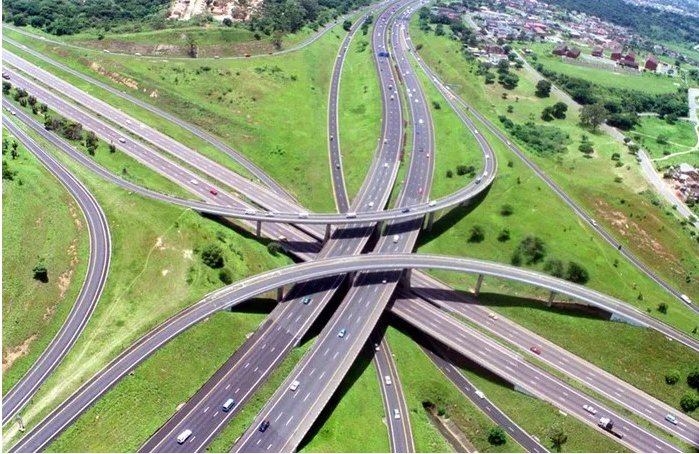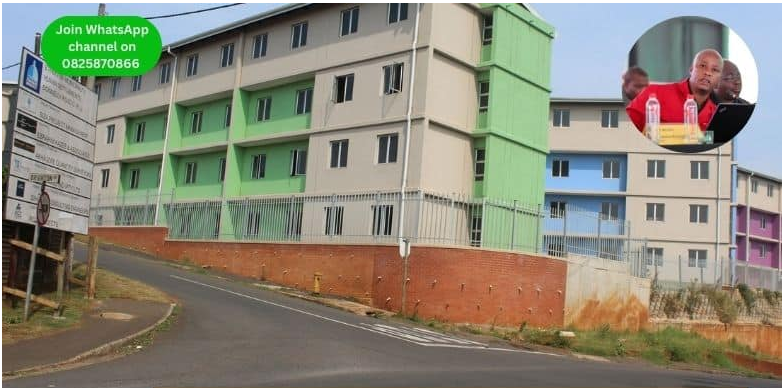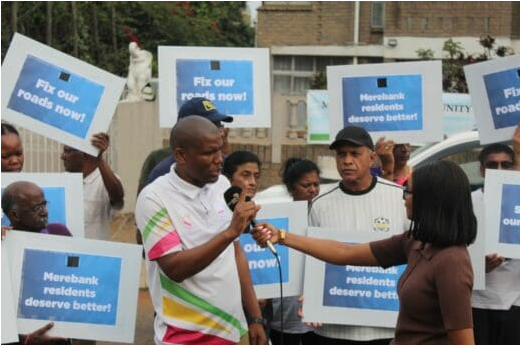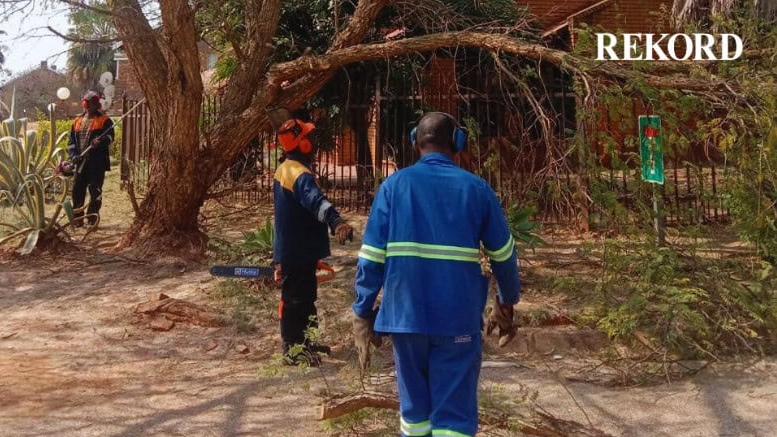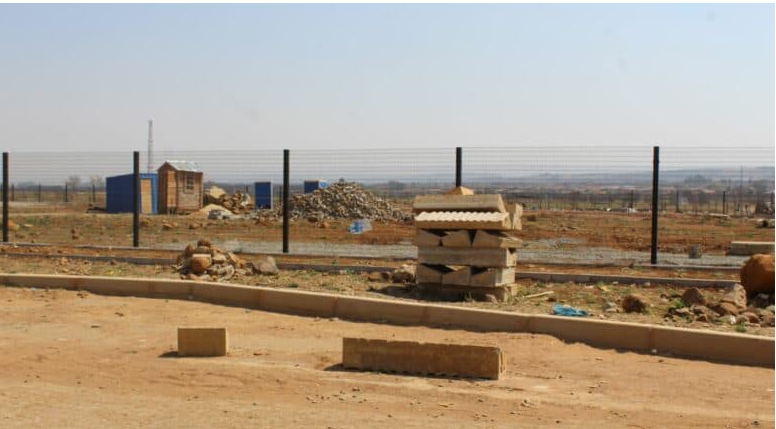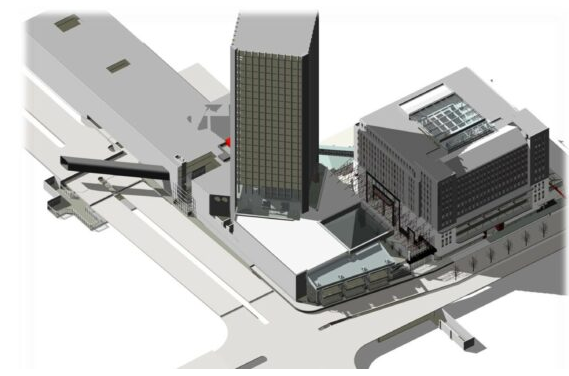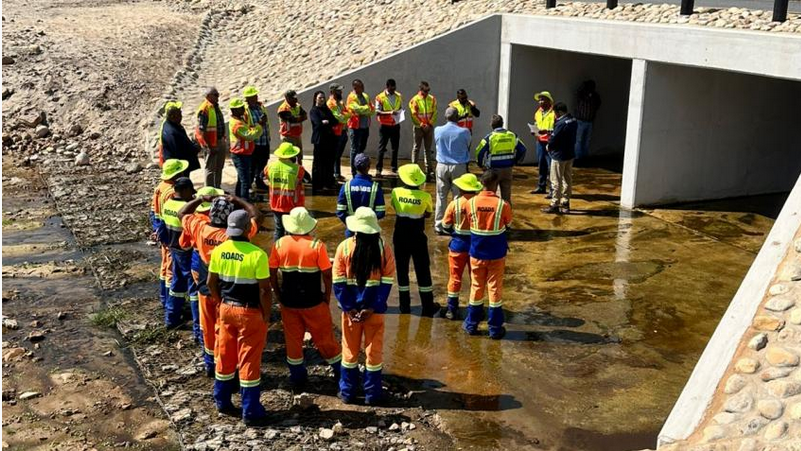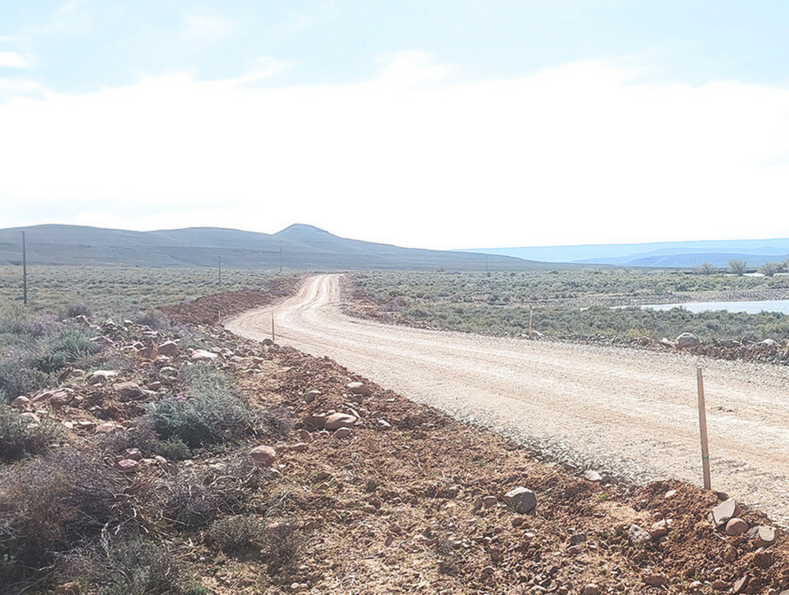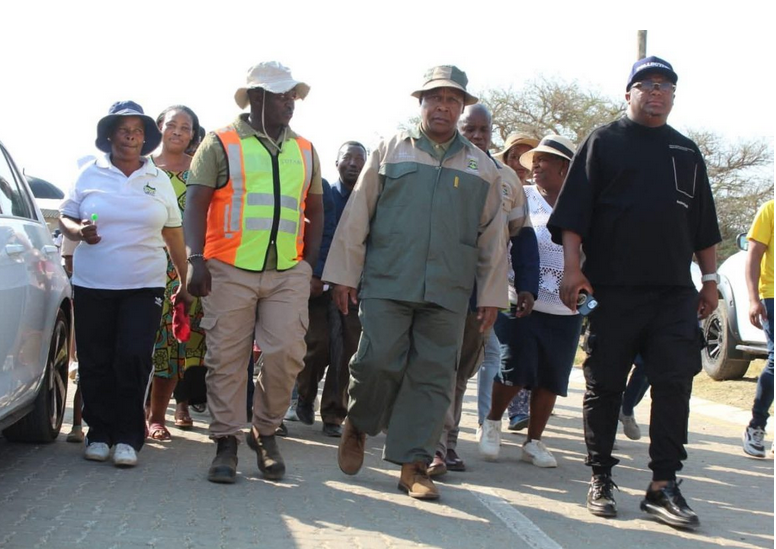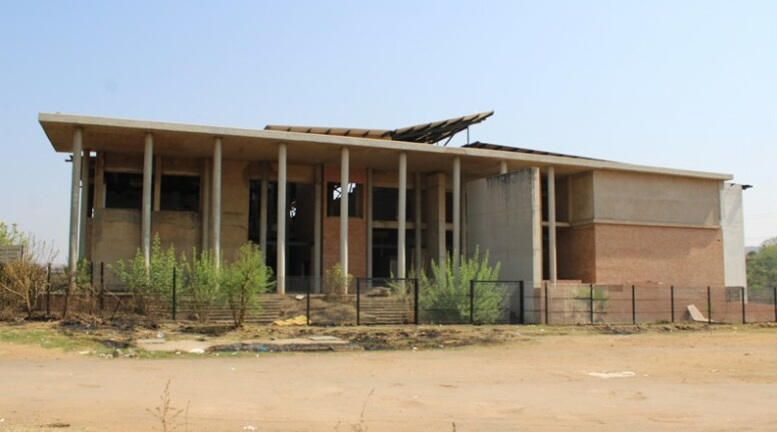Construction mafia: Abandoned R11bn mega city project leaves military veterans in limbo
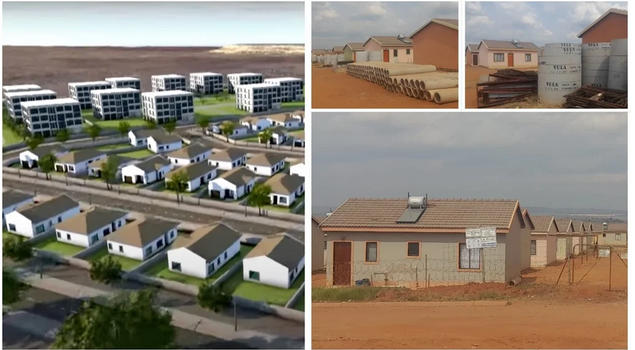
Advertising
15-04-2024
Read : 4864 times
News 24
Source
- Houses meant for military veterans in Randfontein have been invaded by illegal occupiers after the project's developer abandoned it a year after construction began.
- The developer complained about a lack of funds due to demands from the so-called construction mafia.
- The Gauteng Department of Human Settlements handed over several houses to veterans in 2023, but without electricity, stoves, sinks, toilets, taps, doors, solar geysers, and electrical plugs.
The R11 billion Montrose Mega City project in Randfontein, which was launched in 2017 to great fanfare by then-Gauteng premier David Makhura and then-human settlements MEC Paul Mashatile, was meant to include a sanctuary for 174 military veterans.
However, seven years later, the units, which were never completed, have been vandalised and illegally occupied.
Only a few veterans were given incomplete houses - and the government apparently only handed those properties over to prevent further vandalism.
News24 has established the developer abandoned the project in 2018, complaining about a lack of funds due to demands from several construction mafias.
Veterans Wethu Gumede and Lloyd Methula told News24 officials from the Gauteng Department of Human Settlements officially handed them properties, despite the units not being completed.
They each possess a letter from the department, which News24 saw, confirming they were issued incomplete properties.
The letters detail the missing or incomplete items, including stoves, sinks, toilets, taps, doors, solar geysers and electrical plugs.
Gumede was allocated his incomplete property on 29 November 2023.
"When we arrived here, we found that some houses had been occupied by people who were not veterans.
"Before being allocated a house, veterans were asked to view the properties. We don't have a problem residing with civilians. We all deserve decent shelter; that's what we fought for," he said.
He claimed the houses were allocated to them to prevent illegal occupiers from taking up more of the properties.
"The conditions of these houses are terrible. They are in unbearable condition. There is no electricity and most solar geysers are non-functional.
"This was supposed to be an estate for veterans. There is no wall to enclose these houses, as the government has promised," Gumede said.
He added:
The developer left trenches. Since we arrived here, there has been no movement from the contractor. Some sewer pipes are leaking and [sewage] flows all over. We are on our own.
"Nothing is happening here. Some houses were badly vandalised.
"We were informed that the houses were stripped by people who worked on the project [and had not been paid].
"They were paying themselves by selling electricity cables, copper cables, stoves, doors, solar geysers, lights, toilets, doors and windows from some units."
Gumede wants the government to prioritise connecting their houses to the electricity grid.
"We spend a lot of money from our pockets on charging phones, candles, gas and paraffin. Corruption has led us to where we are now," he said.
Methula, who was handed his property on 17 October 2023, echoed Gumede's complaints.
He was given keys to his house and an allocation letter stating his home was "95% complete".
"Out of desperation, I took the keys and moved in. They knew we were desperate, so they gave us incomplete houses. What hurts is that the government paid the contractor in full.
"Eighty stoves were stolen from houses. We managed to recover 41 stoves that were hidden in a neighbouring abandoned block of flats. We are living here because we didn't have alternative places to stay," he said.
Gumede and Methula claimed some houses had been hijacked by people who then installed security gates.
Civilians Mariana Metsing and Rose Motlhabi told News24 government officials had given them their houses.
However, the pair do not possess title deeds for the properties.
They claimed to have letters showing they were on the housing list for the development.
Metsing lives with her grandchildren and three great-grandchildren in an empty house. The family sleep on the floor.
"I am happy that I have a house. I was living on a nearby farm. I have been waiting for a house for many years.
"I am relieved that I won't die on someone else's property. Life is tough. We survive on my pension grant, which is not enough for all of us," she said.
Motlhabi, who lives next door, added she, too, was allocated a house by government officials in October last year.
Concrete sewerage pipes, doors, and window frames, as well as other building materials lie near the main entrance of the housing complex, posing a danger to motorists and pedestrians.
The complex was also meant to have streetlights as well as tarred and paved streets, which it does not yet have.
The entire complex does not have electricity. None of the 174 houses is fenced. Some are built close to each other in crooked lines.
Occupants claimed the houses were allocated before they were stripped of their contents.
A former senior employee who worked on the project, who spoke on condition of anonymity, said funds ran dry because so-called business forums demanded a 30% stake of the total project.
The employee added:
Many construction mafia members posing as local business forums came here demanding work. Some were even paid upfront and later abandoned their work, leaving their workers unpaid. They were greedy. They were not interested in completing their tasks; [they were only interested in] funds.
Phase 1 of the project was intended to build a primary and secondary school‚ clinics‚ churches‚ commercial developments, a government complex and urban agriculture infrastructure.
In addition to the 174 units in the military veterans' complex, the project was meant to include 5 602 units consisting of 1 608 RDP houses, 1 225 bonded units, 1 915 social housing units and 680 rental units.
The second phase was meant to include another two schools, a technical and vocational education and training college, a private hospital, and a regional hospital.
The project is less than a kilometre from other abandoned housing units which were intended to benefit more than 500 residents of the Seporong informal settlement.
That project was abandoned by the same developer in 2018 because of the construction mafia.
The Gauteng Department of Human Settlements was contacted for comment, which will be added once received.
Recent News
Here are recent news articles from the Building and Construction Industry.
Have you signed up for your free copy yet?
